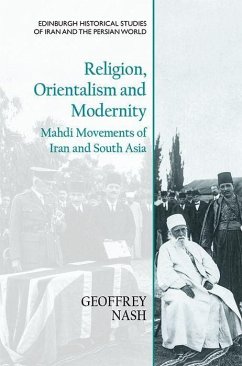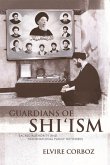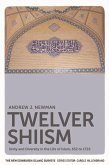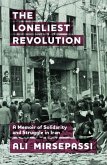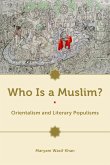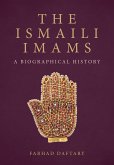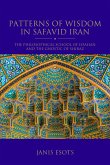'This book represents a valuable contribution to the study of the Bahai faith and the Ahmadiyya movement, as well as a detailed analysis of minority movements' adoption of the coloniser's discourse on modernity and Islam.' Reza Zia-Ebrahimi, King's College London An innovative analysis of modernity and Orientalist discourses in Iranian millenarian movements Religion, Orientalism and Modernity explores the emergence in Iran of the revolutionary Babis and reformist Baha'is and their conflict with mainstream Shi'a Muslims, and of the parallel Ahmadi movement in North India. It gives fresh insights into the writings that defined these innovatory movements, penned on the one hand by their proponents, and on the other by western interpreters. Comparison of these movements shows that, together, they define important aspects of Islamic modernity. A focus on two case studies (Babis and Baha'is in Iran, and Ahmadis in India) reveals similarities and differences in their responses to a perceived need for change and renewal of religious authority. Key Features Employs historical and discourse analysis to probe the conflict between orthodox and heterodox religious movements in 19th- and 20th-century Iran Links the conflict between orthodoxy and heterodoxy to the impact of modernity on Iran's society and religion and to colonisation on India's Muslims Broadens the scope of this conflict to include Palestine, Central Asia and Turkey Presents a postcolonial analysis of the new movements and their broader relationship to the Islamic world during the age of imperialism Geoffrey Nash is an independent scholar who has taught in universities in Africa, the Middle East, India and the UK, and was until recently Research Associate at the School of Oriental and African Studies. Among the many books he has authored or edited are Orientalism and Literature (2019), Marmaduke Pickthall, Islam and the Modern World (2017), Writing Muslim Identity (2012), Comte de Gobineau and Orientalism (2009) and From Empire to Orient: Travellers to the Middle East (2005).

